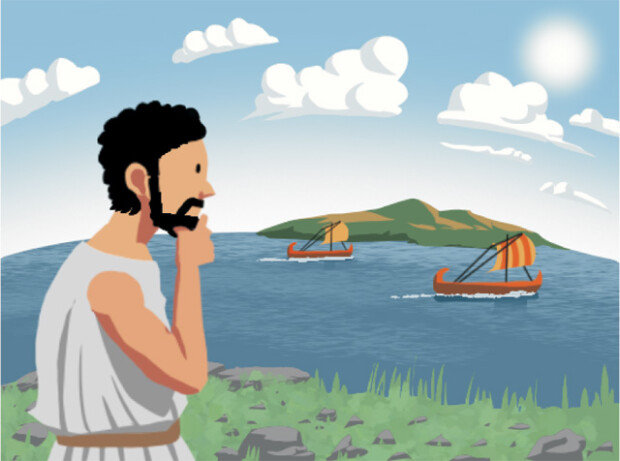The walls of Athens
The walls of Athens
Posted October. 01, 2019 07:32,
Updated October. 01, 2019 07:32

I am currently on an exploration to Greece, visiting the country’s historic sites. Today, I went to the Pnyx hill, which is considered the birthplace of Athenian democracy. The Pnyx is located west of the Acropolis, where the Parthenon temple stands overlooking Athens. There are two important historic sites regarding Athenian democracy. One is the Syntagma Square, where the Assembly was being held. The authority of the Assembly kept growing from the era of Solon to Pericles. It had the voting right to key policies and laws, and elected administrative officials and generals. Furthermore, it later conducted trials and introduced the jury system. It was the Assembly, where ostracism was practiced.
The other site is the city walls that connect Athens to the port of Piraeus. Themistocles opposed the idea of distributing the profits generated from the silver mines at Laurium to the Athenian citizens and instead proposed that it should be used to build new ports, fleets, and walls. Not much of the walls are left today but they appear very solid and strong. Solidarity and national defense were the two factors that saved Athens from the Persian invasion and opened the golden era of Pericles.
Another factor was economic prosperity of Greece. Themistocles transformed predominantly agricultural Athens to a mercantile center. Athens made a model of Aegina to become a sea trade country. Watching the island from the Pnyx hill, Aegina appears very close to Athens. It was quite shocking. Athens eventually dominated the seas, encroaching on Aegina but it hesitated to do so at first. It was not because Athens was conscience-stricken but because it could not let go of its old lifestyle. This is hard to believe because the lands outside Athens were barren areas full of rocks, where only goats could live. A successful case was sitting in front of it but Athens hesitated. As can be seen from this example, human beings are inflexible and find it hard to get rid of their experiences and stereotypes. What makes Themistocles great is that not only did he predict the future but he fought against the prejudice of the public and the custom. This is the mission of a true leader.
tjdrud0306@donga.com
Headline News
- Med professors announce intention to leave hospitals starting Thursday
- Bridge honoring Sgt. Moon Jae-sik unveiled in Pennsylvania
- Chief of Staff Chung tells presidential secretaries to stay away from politics
- US FTC bans noncompete agreements
- N. Korea launches cyberattacks on S. Korea's defense companies







